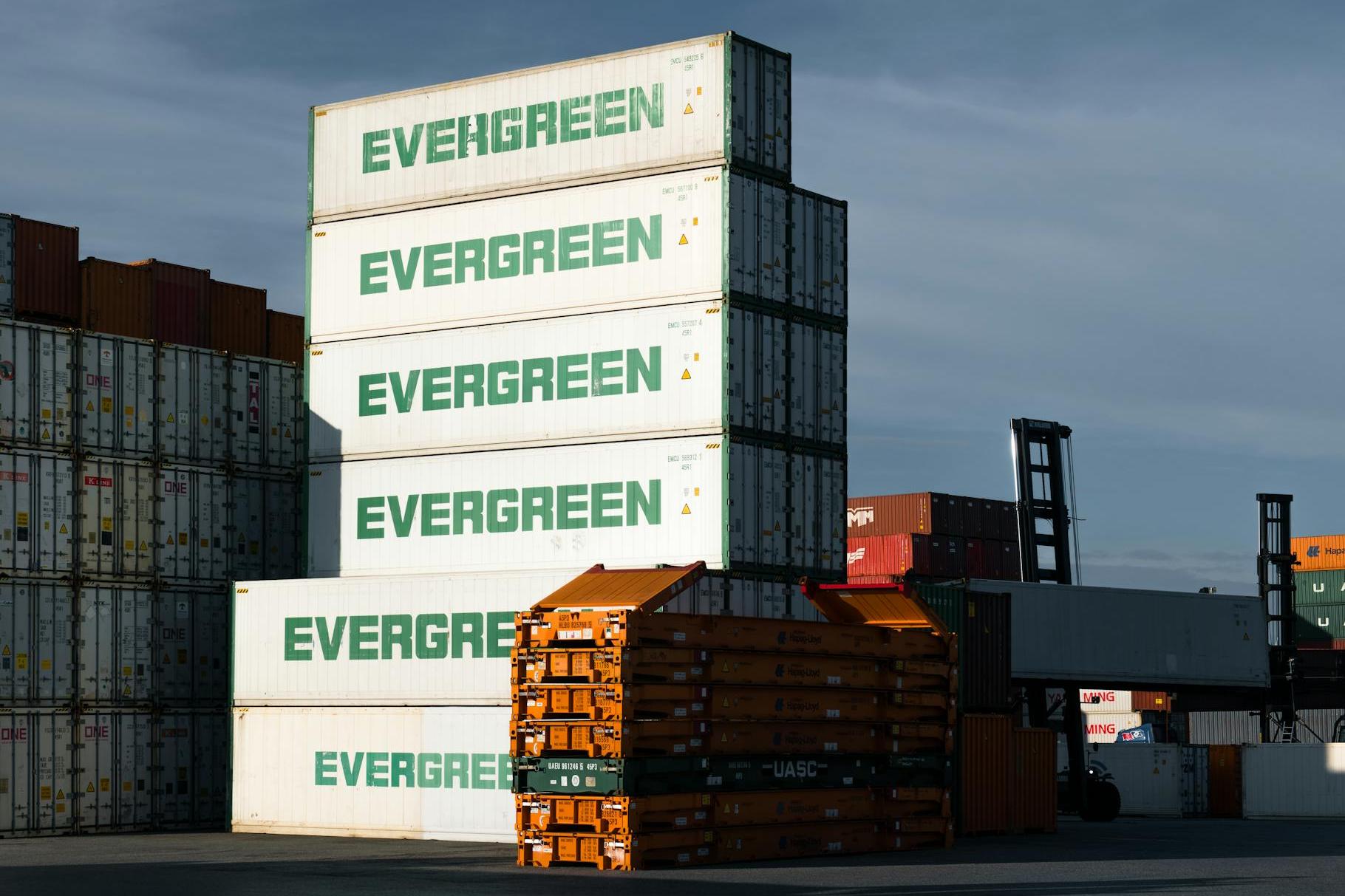
Border Port Health Supervision: The "Health Gatekeeper" That Foreign Traders Cannot Overlook
Border Port Health Supervision: The First Health Defense Line for Import and Export TradeImport and Export TradeThis article provides a detailed interpretation of the five major business areas of border port health supervision, analyzes relevant legal and regulatory requirements, and offers practical health compliance guidelines for foreign trade enterprises to ensure smooth import and export operations.
Firstly...
Border Port Health Supervision: The Health Gatekeeper Foreign Traders Cannot Ignore
- Analysis of Five Major Health Supervision Business AreasHealth Pitfalls Warning in Foreign Trade Practice
- Legal and Regulatory Framework for Health SupervisionWater source testing, pipeline disinfection, and water quality monitoring are all indispensable
- Public place hygieneAir quality and disinfection standards for airport waiting lounges and train station waiting halls
- Storage site managementWarehouse rodent prevention facilities and goods stacking hygiene standards
- Vehicle hygieneSpecial requirements including ship ballast water treatment and aircraft disinfection
Warning of "Sanitation Minefields" in Foreign Trade Practices
In my professional experience, the most common hygiene violation cases include:
- A food export company had its export qualification suspended due to rodent infestation found in the warehouse
- An international flight was delayed due to unqualified drinking water test results
- A cross-border truck was detained at the port for 48 hours due to uncleaned hygiene blind spots
These cases tell us:Hygiene compliance is not an additional burden, but a necessary guarantee for smooth trade.
Specifically, textile exports were $93.07 billion, up 3.5%...
Border health supervision is established on a sound legal basis, with main references including:
- The Frontier Health and Quarantine Law and its implementation rules
- Special provisions of the Food Safety Law
- Relevant regulations of the Infectious Disease Prevention and Treatment Law
- Public Places Hygiene Management Regulations
Special reminder: The newly revised Border Port Health Supervision Measures in 2023 have imposed stricter hygiene requirements on cross-border e-commerce warehouses.
Recently, the European economy has been hit by new shocks: trade contraction and mass unemployment. The economic crisis has brought new victims across Europe, highlighting problems faced by exports and the new energy industry.
Based on years of experience, I have summarized the following practical suggestions:
- EstablishedHygiene management filesIncluding disinfection records, pest control contracts, etc.
- Conducted regularlyHygiene self-inspectionCheck item by item with reference to customs inspection checklist
- Attach importance toEmployee health certificatesManagement: Avoid penalties due to expired certificates
- Equip withStandard hygiene facilitiesSuch as disinfection rooms, rodent guards, etc.
German exports decline, industrial giants cut costs
Customs health supervision typically includes three key steps:
- Preparation stageInspectors will carry professional testing equipment
- Inspection on site.Focus on temperature control, signs of pests, etc.
- Result handlingQualified units receive scoring forms, while unqualified ones need to make corrections within a time limit
Special note: The checklist scoring results will affect the companys customs credit rating.
According to the latest data from Germanys Federal Statistical Office (Destatis), in August 2024, Germanys exports to the EU...
In global trade, hygiene standards have become important non-tariff barriers. Through our observations:
- Companies with high hygiene ratings have 30% faster customs clearance on average
- A complete hygiene system can reduce cargo loss by 5-8%
- Good hygiene records can enhance trust from international buyers
Remember:In import and export trade, hygiene is efficiency, compliance is competitiveness.
For more information on port health supervision practices, please consult through the Customs service hotline 12360, or contact professional foreign trade agencies for customized solutions.


 Follow Customer Service WeChat
Follow Customer Service WeChat